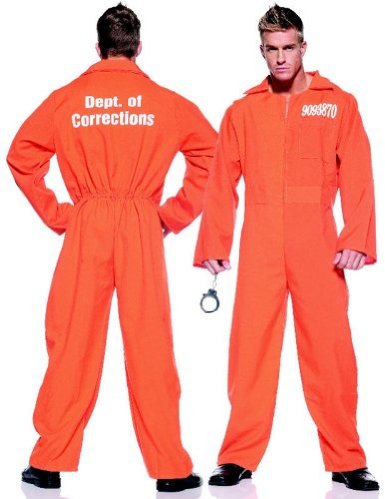For defendants who are incarcerated at the time of their trial, the issue of their clothing can be a fraught one with constitutional consequences. Does “prison garb” – – – as it is usually called – – – deny a defendant a fair trial?
In the case of James Holmes, the alleged Aurora shooter, the trial judge has reportedly ruled that Holmes must be allowed to wear “street clothes”: ““The presumption of innocence requires the garb of innocence.”
The judge presumably relied upon Estelle v. Williams, decided by the United States Supreme Court in 1976. The Court unequivocally held that compelling a defendant to wear “prison garb” during the state court trial was a violation of the right to a fair trial inherent in the Fourteenth Amendment’s Due Process Clause. Unlike wearing shackles or other restraints, there was no state interest possibly served by wearing “jail attire.” Further, the Court noted that there were equality concerns because the practice affected those who were unable to afford to post bail prior to trial, a factor that would not be pertinent in Holmes’ case.
In Estelle v. Williams itself, the defense counsel failed to object vigorously enough and Williams was denied relief. In doing so, the Court recognized that attiring a defendant in jailhouse garb could be an attempt to garner juror sympathy.
In Holmes’ case, his attorneys seem to have made a clear decision that he should not appear in a prison uniform.
[image via]

